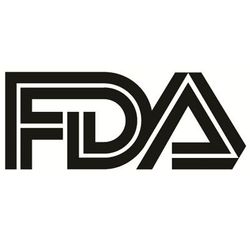
OR WAIT null SECS
Björn Mellgård, MD, PhD, Explains What TAK-755 Could Mean for Sickle Cell Treatment
TAK-755, a recombinant ADAMTS13, is examined for its therapeutic benefit to patients with sickle cell disease and patients with cTTP.
Björn Mellgård, MD, PhD, Vice President, Global Program Lead, Rare Genetics and Hematology, Takeda, shared insight on 2 studies that Takeda conducted on TAK-755, a recombinant enzyme called ADAMTS13 that’s involved in the regulation of clotting.
Of the 2 studies, 1 focused on recombinant ADAMTS13 for patients with severe congenital thrombotic thrombocytopenic Purpura (cTTP), and the second study focused on patients with sickle cell disease (SCD).
This research was presented at the 2021 American Society of Hematology (ASH) Annual Meeting & Exposition and was the first clinical study of a recombinant ADAMTS13 in patients with sickle cell disease.
The phase 1, randomized, double-blind, placebo-controlled, multicenter, ascending single dose study assessed the safety, tolerability, pharmacokinetics, and pharmacodynamics of recombinant ADAMTS13 in patients with sickle cell disease.
Having reviewed the safety data by the dose escalation committee, investigators found no reports of drug-related serious adverse events, and no binding or inhibitory antibodies to ADAMTS13 were observed.
“There is published data in the literature indicating that there is an imbalance in the body between ADAMTS13, so slightly lower levels,” Mellgård said, “but also an increase of the substrate for this enzyme ADAMTS13, and the substrate is a protein called Von Willebrand factor (VWF).”
Patients have shown higher levels of Von Willebrand factor and lower levels of ADAMTS13 activity during VOCs. There may be a therapeutic benefit to increasing the plasma concentration of ADAMTS13 using a recombinant ADAMTS13 that would enhance cleavage of ultra-large Von Willebrand factor multimers.
“This imbalance may then create a tendency for clotting in Sickle cell patients, and we are exploring that,” Mellgård said. “It would be fantastic to be able to contribute with treatment for sickle cell patients but it's still very early days.”


